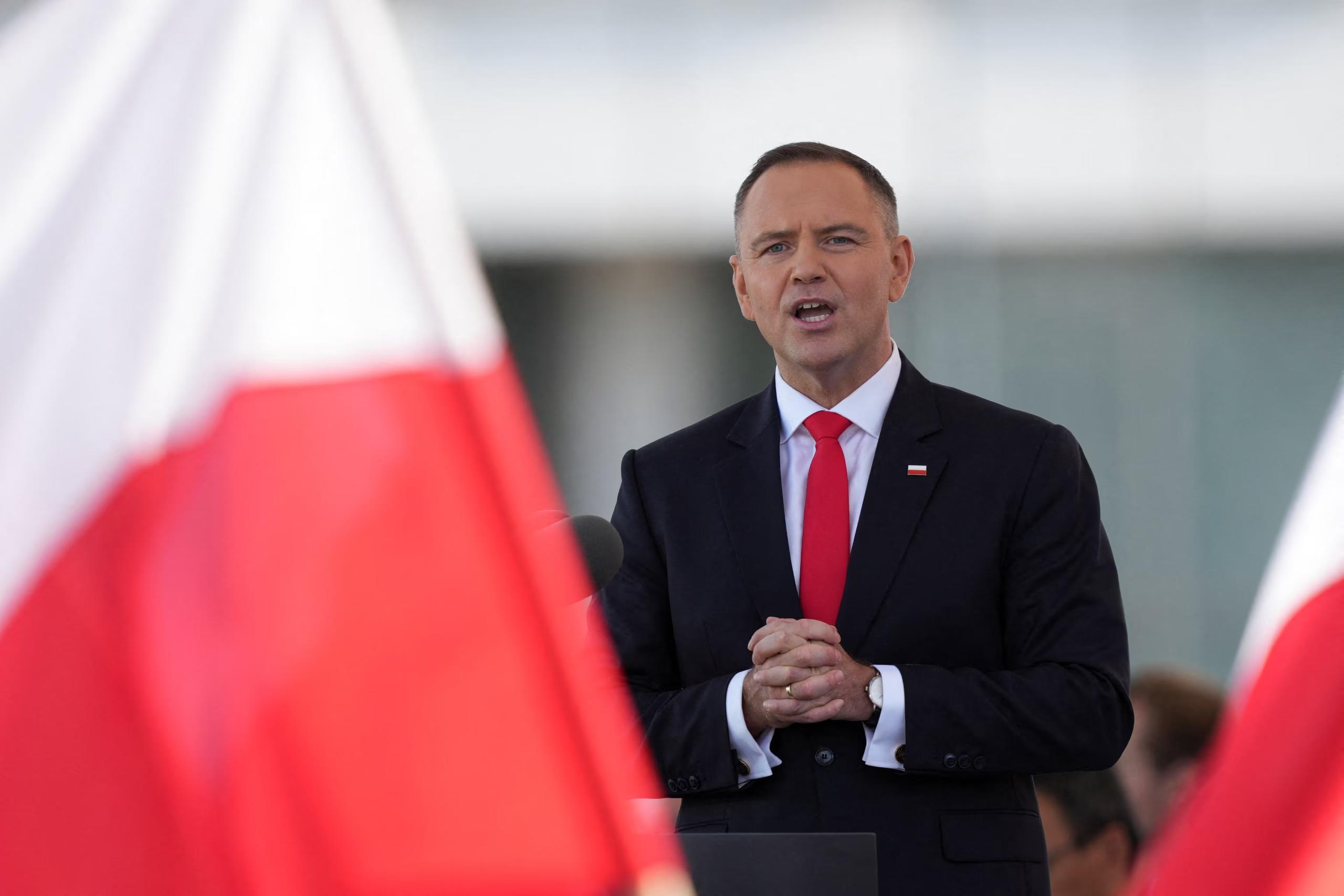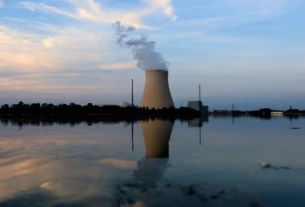In Short : Supported by the Law and Justice (PiS) party, Polish President Karol Nawrocki has declared that he will not sign into law the government’s legislation that would loosen the regulations governing the construction of onshore wind farms. The measure was intended to increase the production of renewable energy and decrease power prices by reducing home setback distances and enacting a household electricity price freeze. The president intends to provide a proposal for an alternate energy price freeze instead.
Forecasts and Market Trends
The plan to boost renewable energy output and reduce power price burdens was approved by the centrist government of Prime Minister Donald Tusk.
With about 30% of electricity coming from renewable sources in 2024, Poland is still expanding its renewable energy sector despite the danger of a veto.
Effects on Energy Policy and Clean Energy
Poland’s ambition to lessen its reliance on coal depends on the growth of onshore wind, which is delayed by the veto.
Investments in renewable infrastructure, especially in the wind industry, may be slowed down by halted expansion.
The politically sensitive impasse draws attention to the conflict between legislative objectives and administrative authority in the energy reform space.
The Significance of It
Given the importance of wind power to Poland’s national decarbonization agenda, the rejection is a major political setback for the country’s shift to renewable energy.
It indicates that regional power dynamics and political affiliations continue to have a significant impact on Poland’s energy policy.
Poland runs the risk of missing more comprehensive EU-backed climate and clean energy targets if wind measures are not expeditiously approved and implemented.
The bottom line
Poland has a strong political split over energy policy, which is highlighted by President Nawrocki’s unwillingness to sign the onshore wind bill. The nation’s aspirations for renewable energy, especially wind, will encounter obstacles until a compromise is reached or new legislation is offered, which will slow the pace of progress toward a cleaner, low-carbon energy future.




